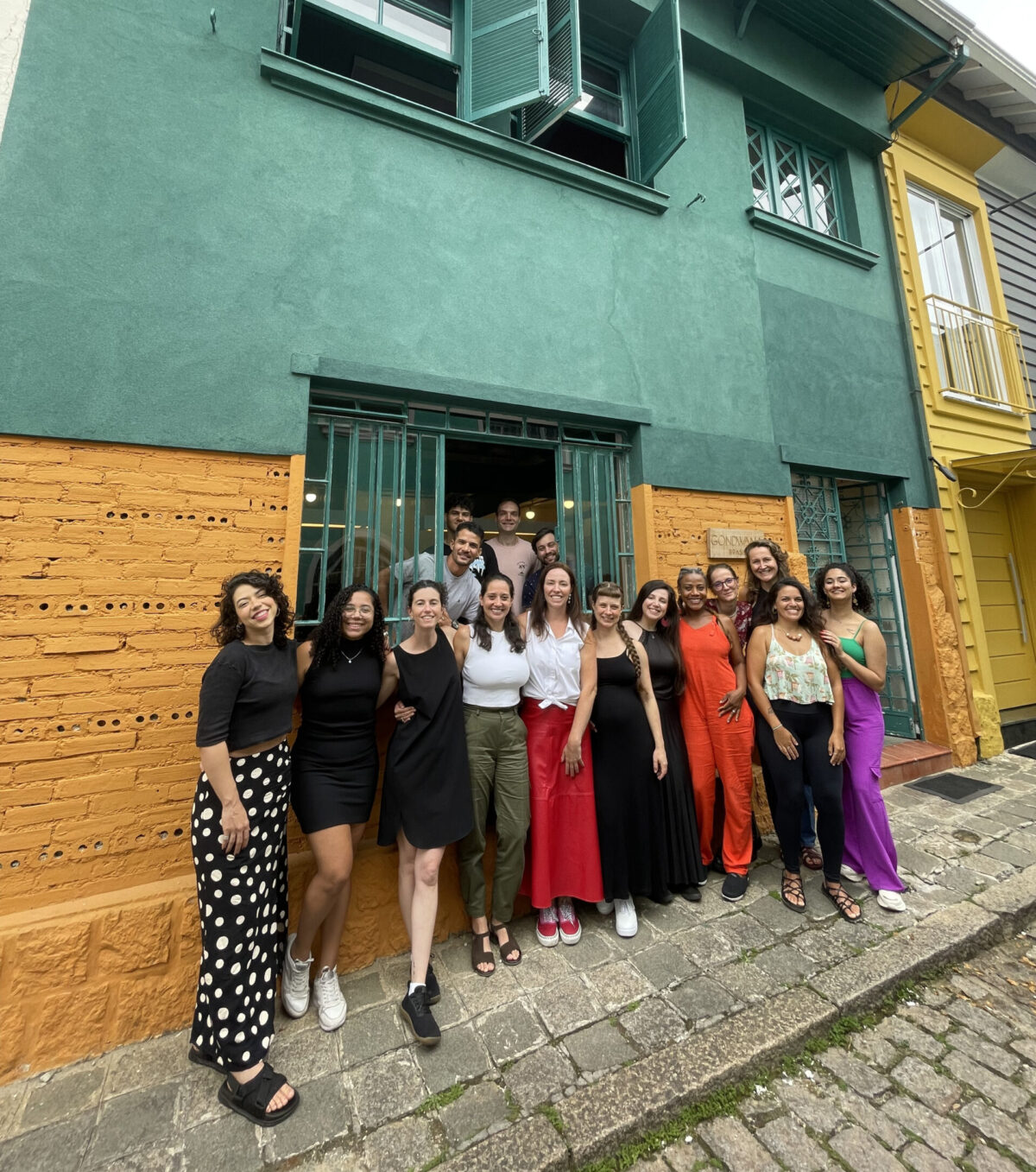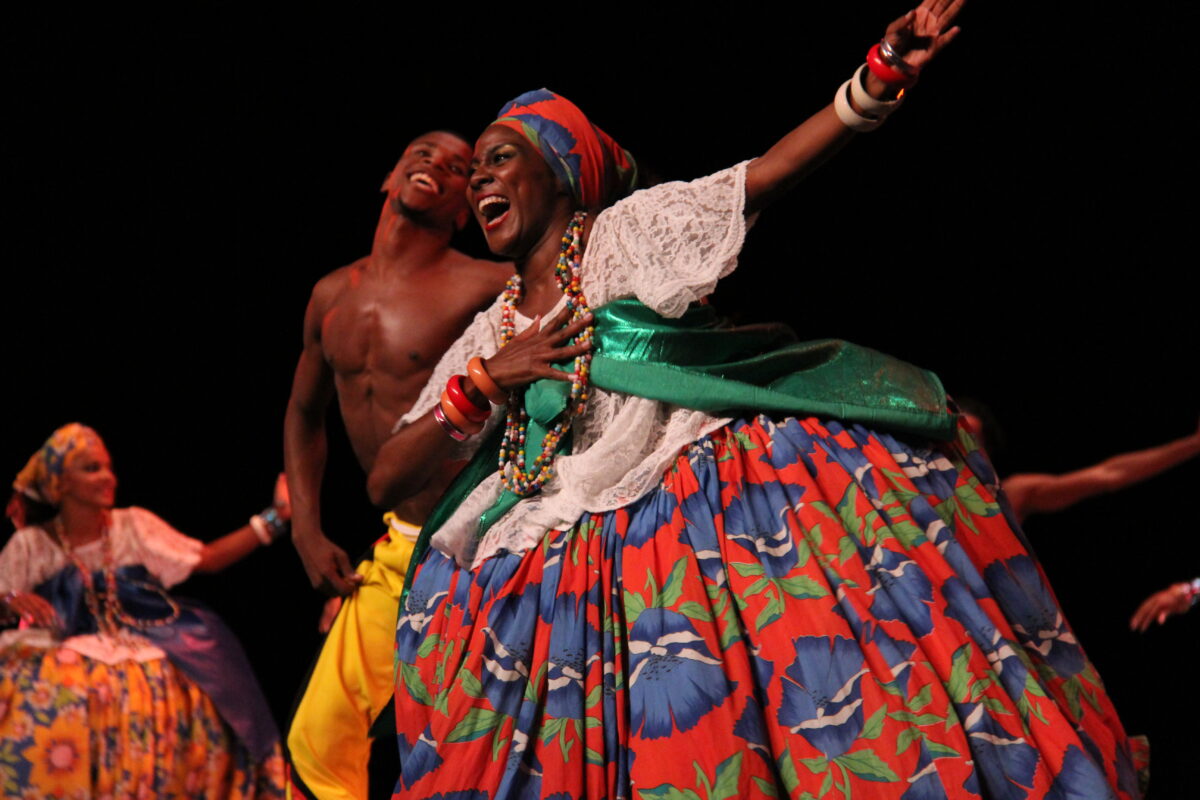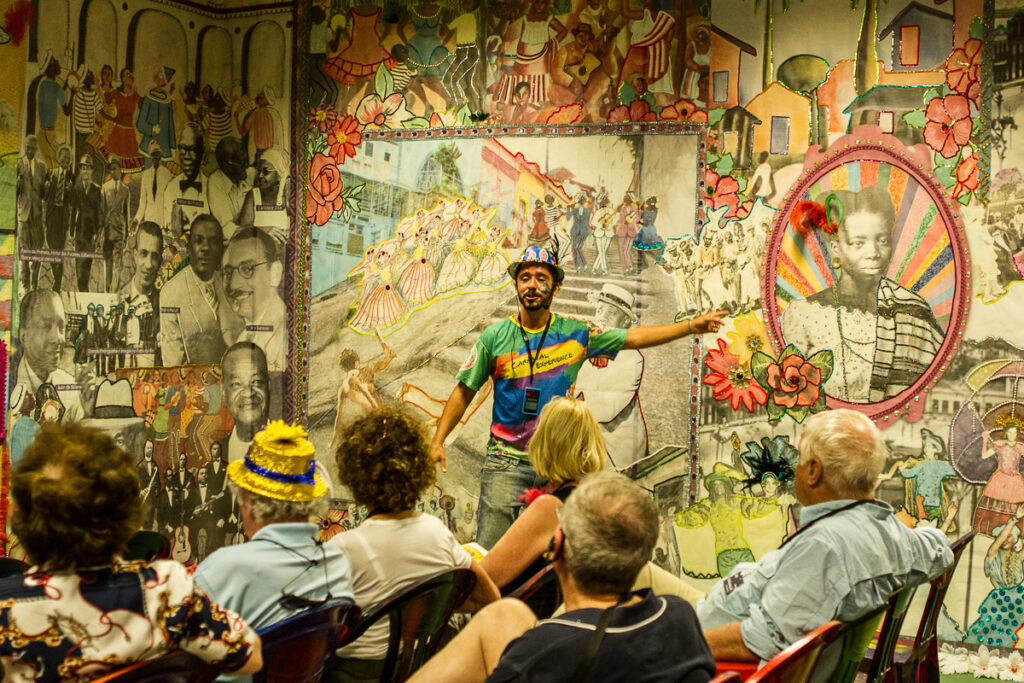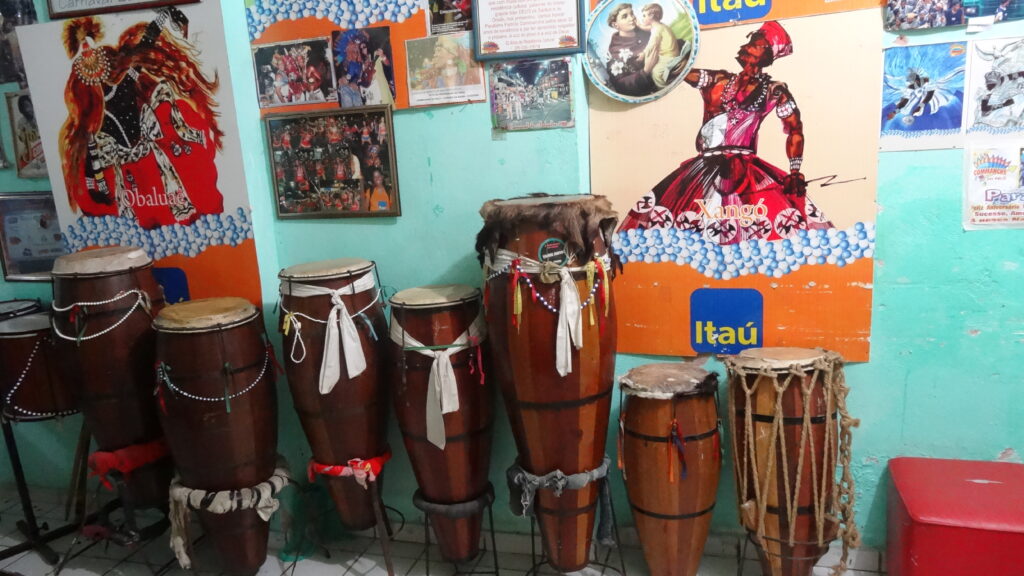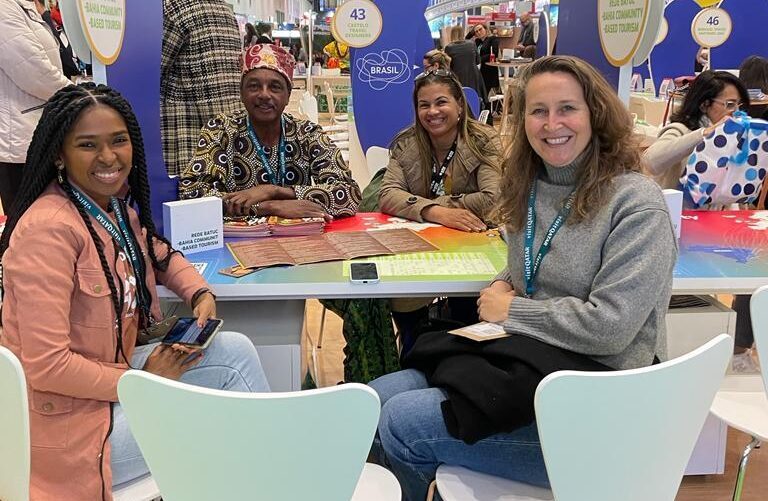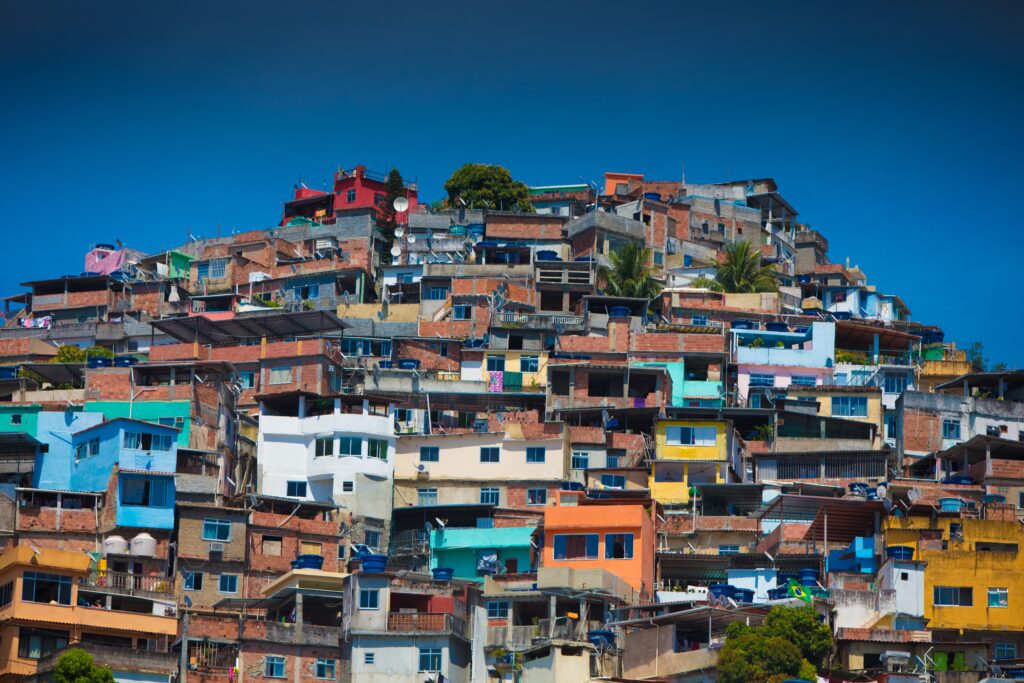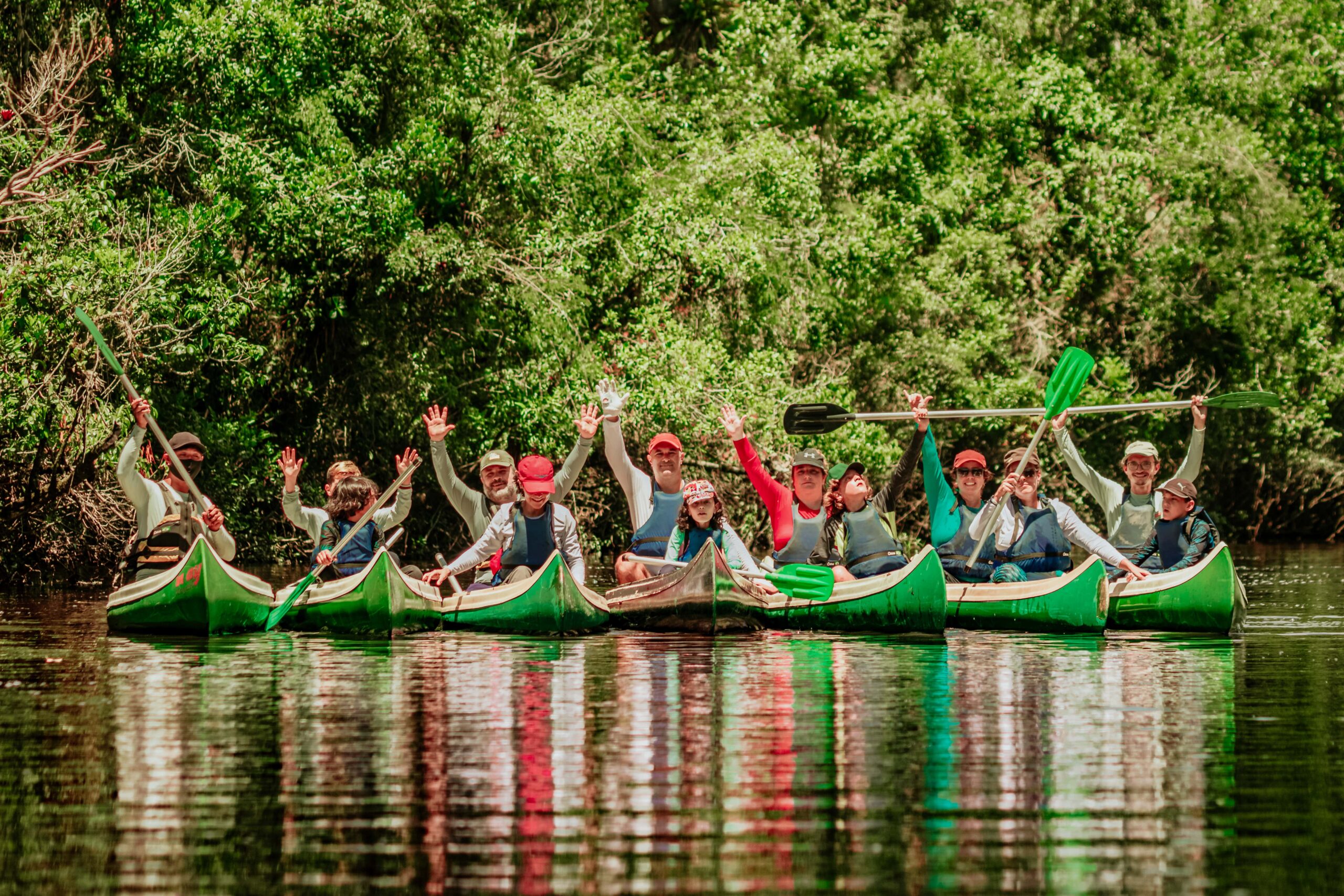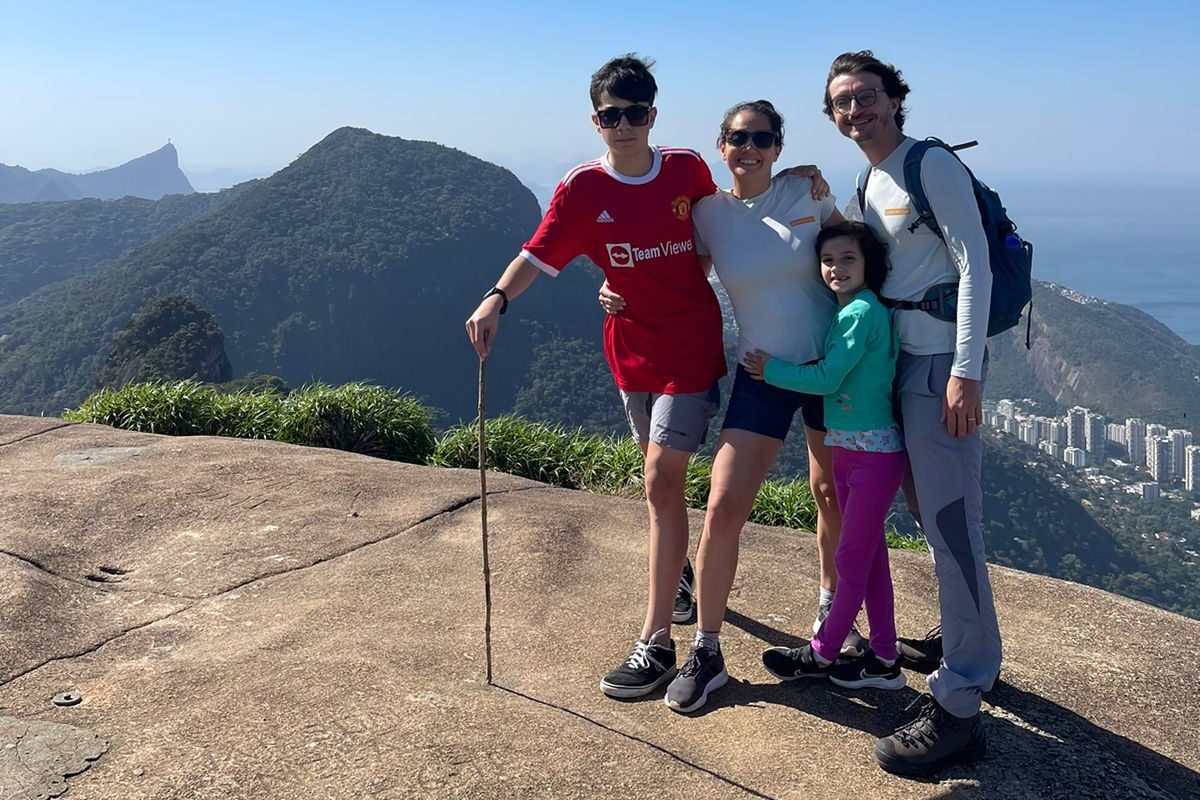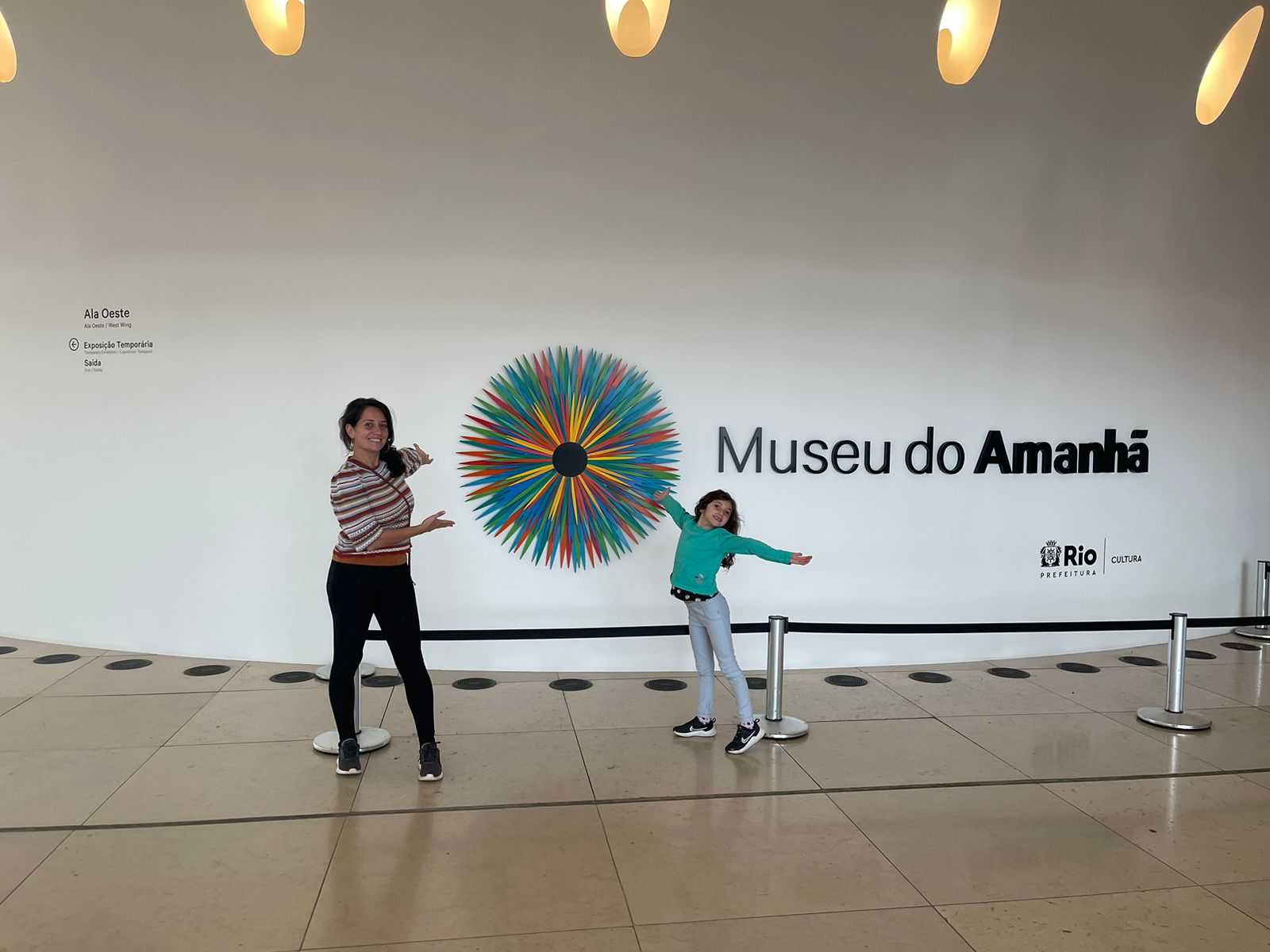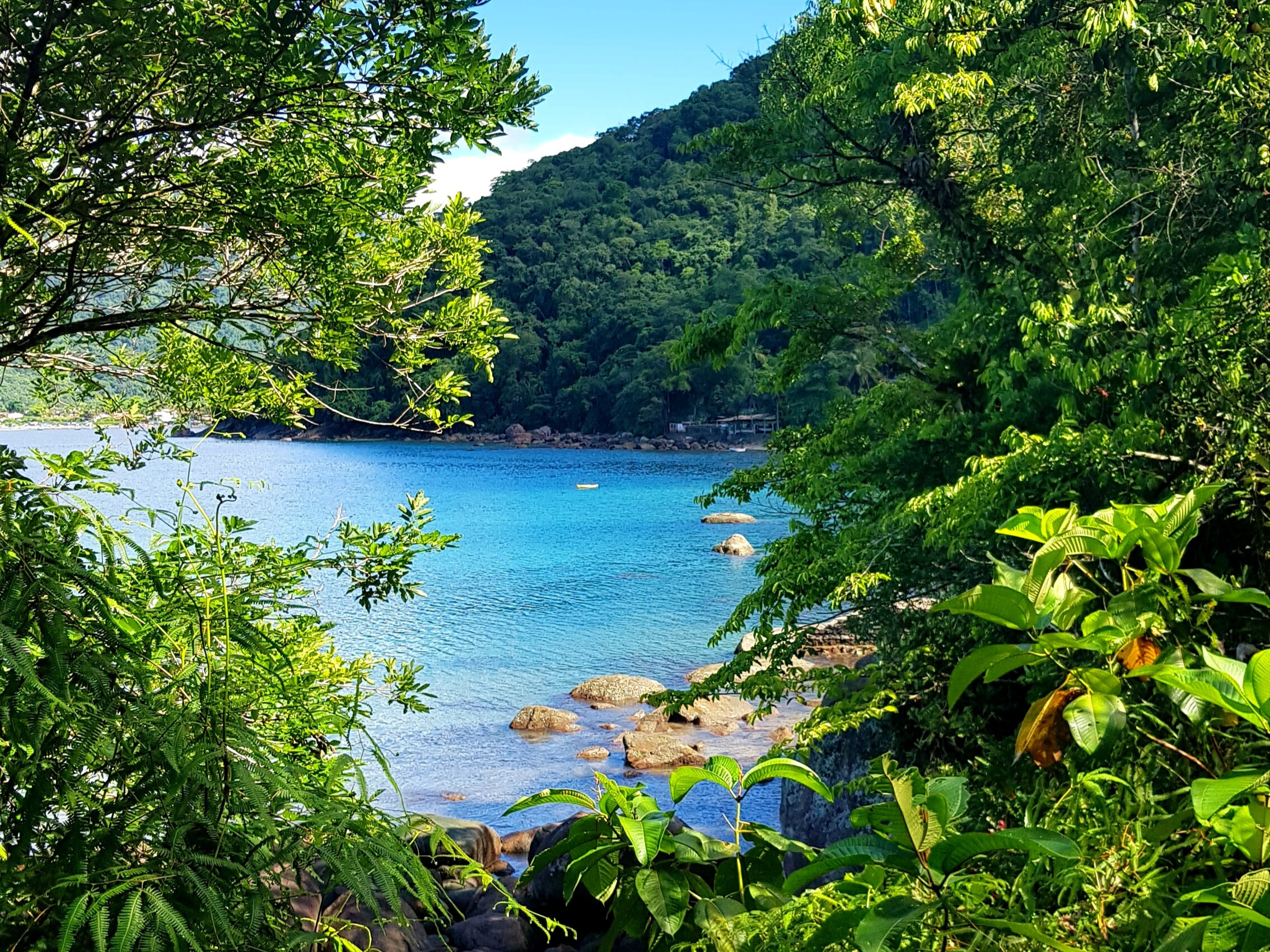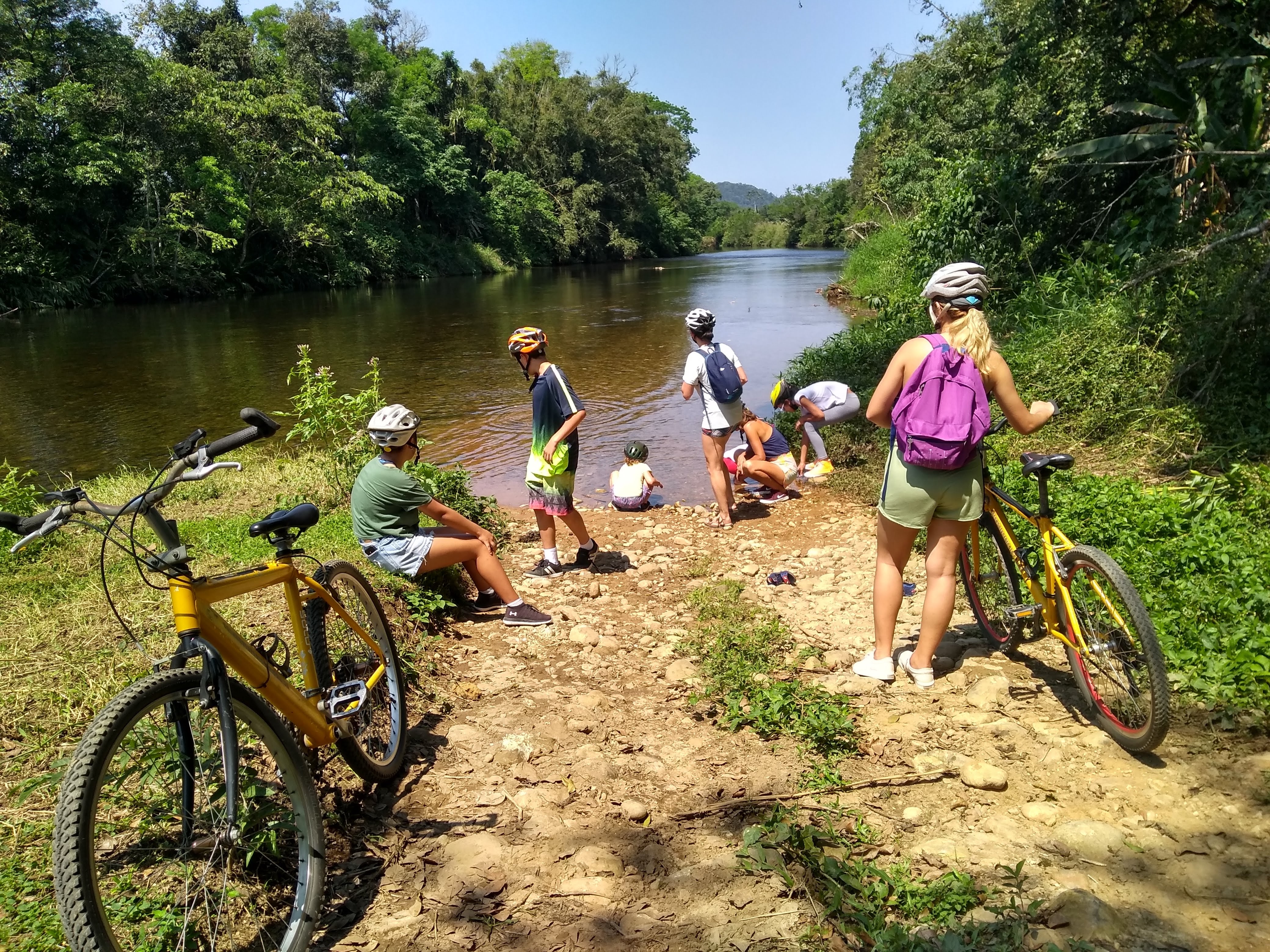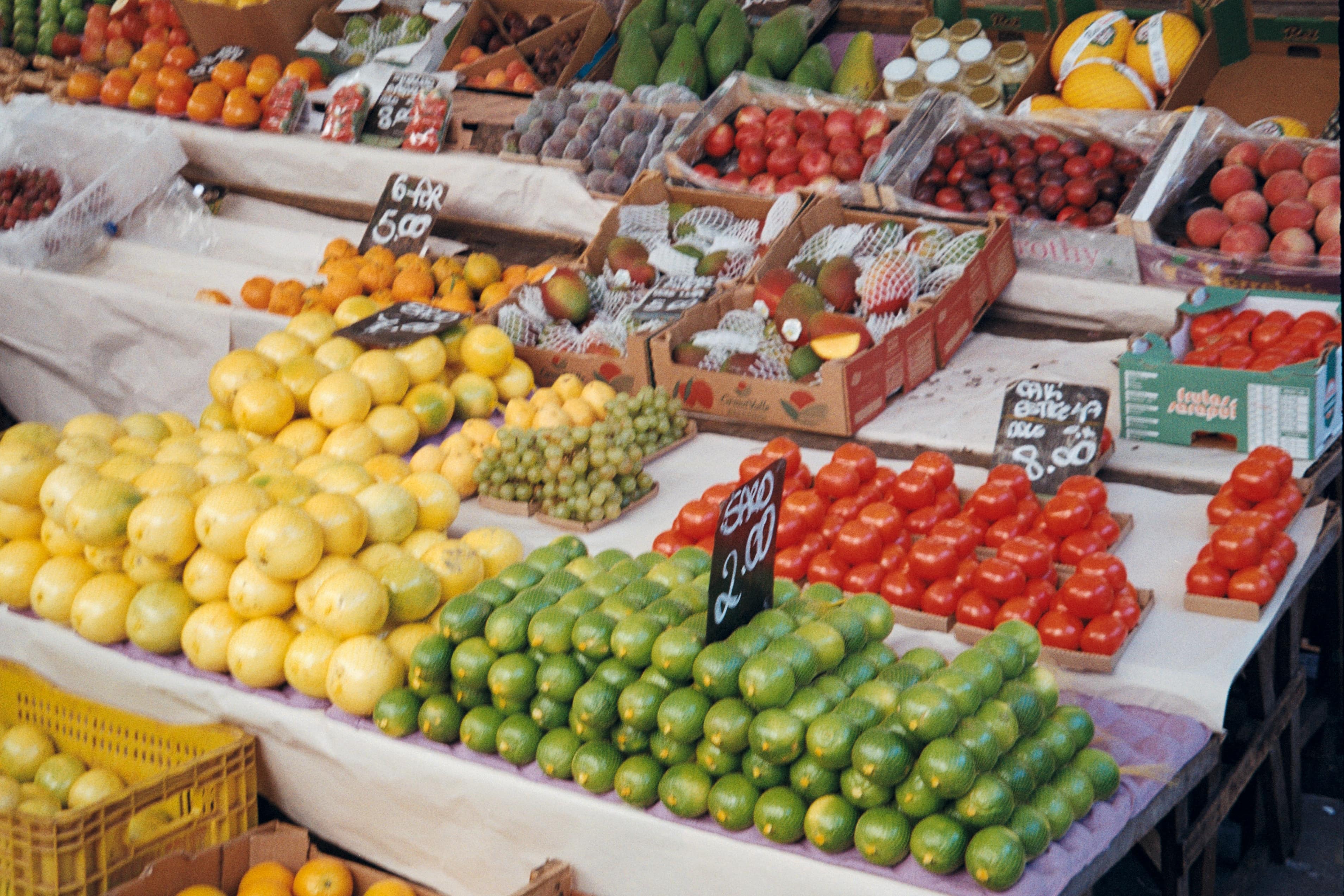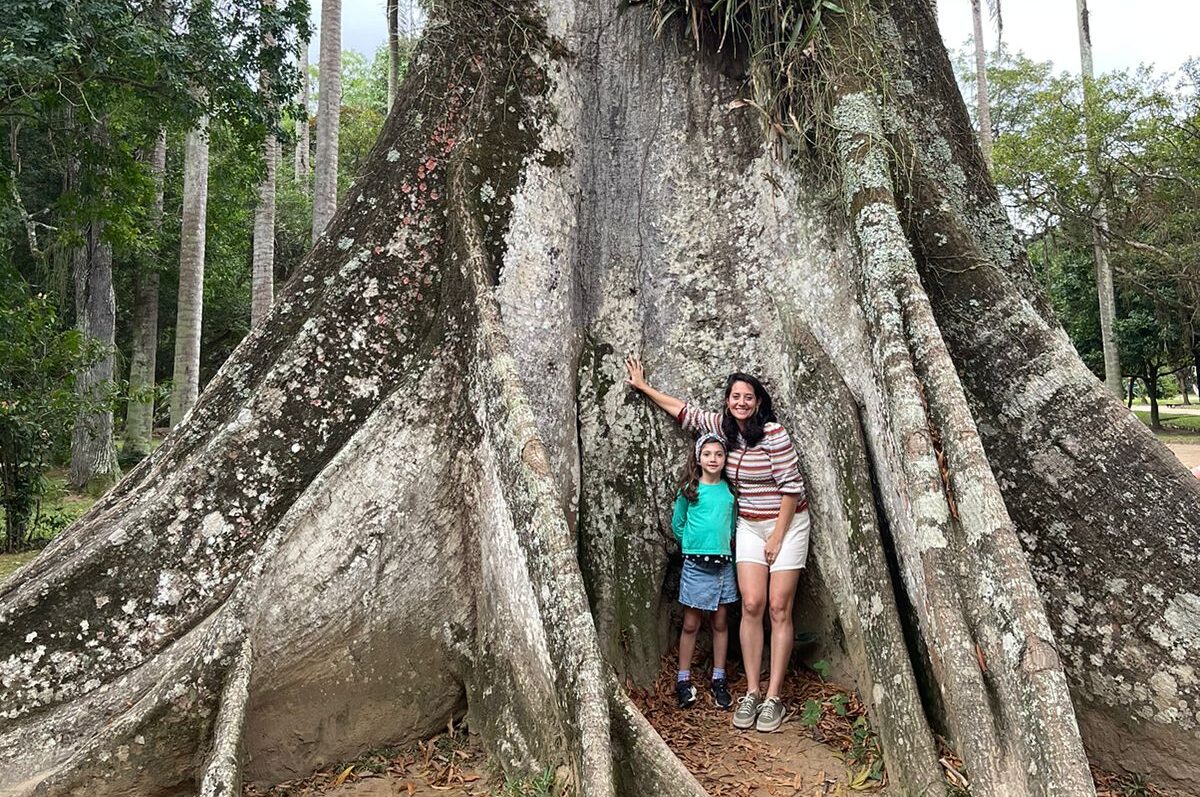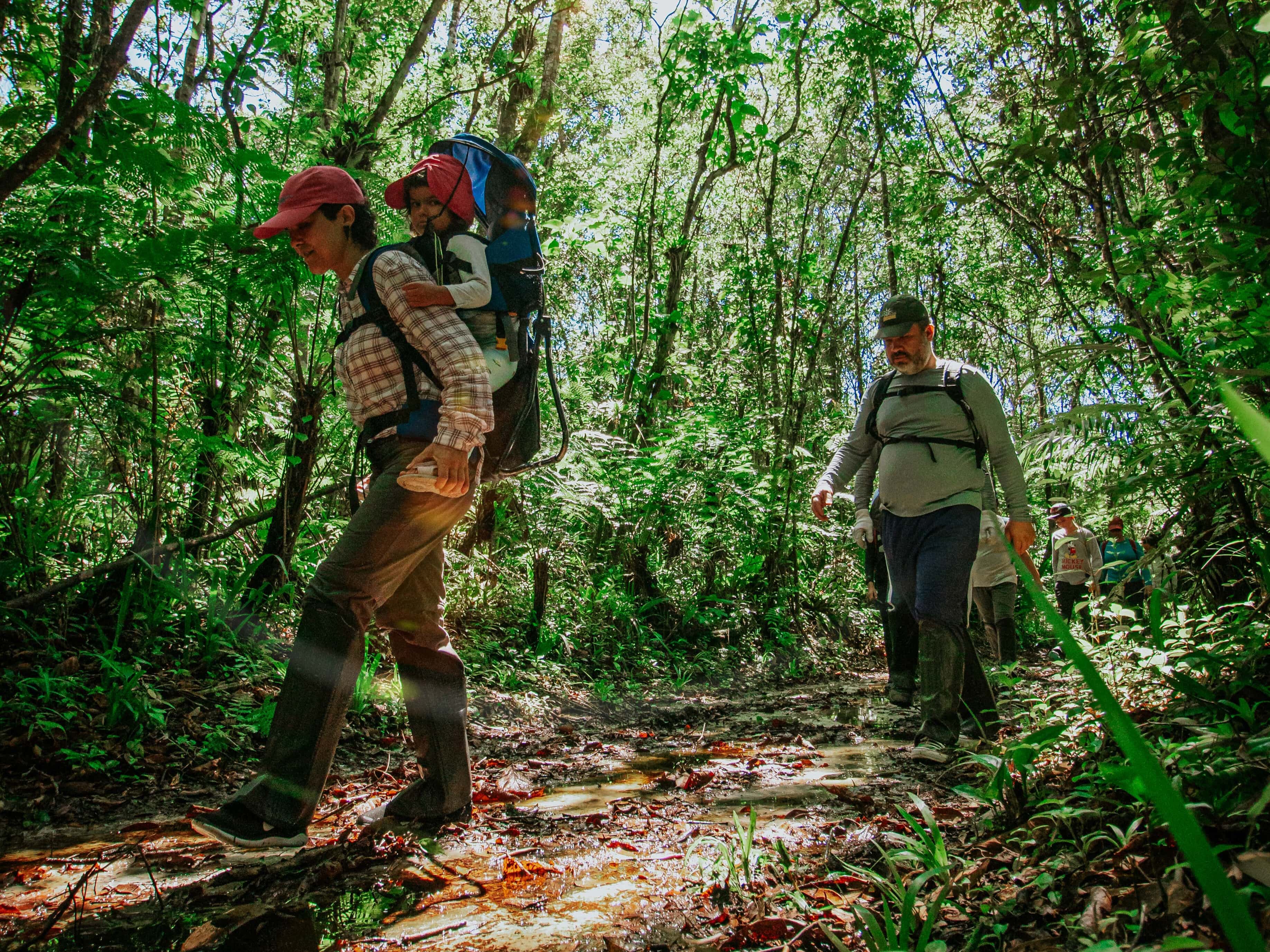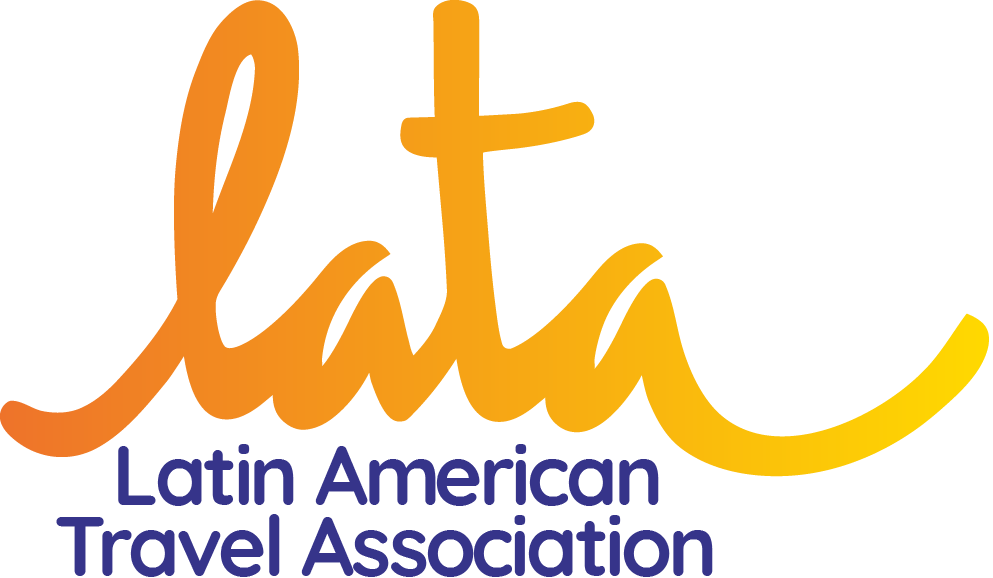What can we do to achieve gender equality and empower all women and girls? This is a current and increasingly pressing issue in Brazil and around the world. Gender equity is one of the Sustainable Development Goals (SDGs) set by the United Nations (UN), specifically SDG number 5, which addresses this topic. But how can we make this happen in our daily actions?
Today, on International Women’s Day, March 8th, we will share a bit about what we have been doing here at Gondwana Brasil, on a journey of almost 23 years. We are a female enterprise, meaning a business that was created and is managed by women. Our goal is the same as any other business: to generate profit, create jobs, and contribute to the economy. However, we also have a special focus: supporting other women, especially by promoting gender equality in the workplace.
Content Summary
Sustainability is increasingly important
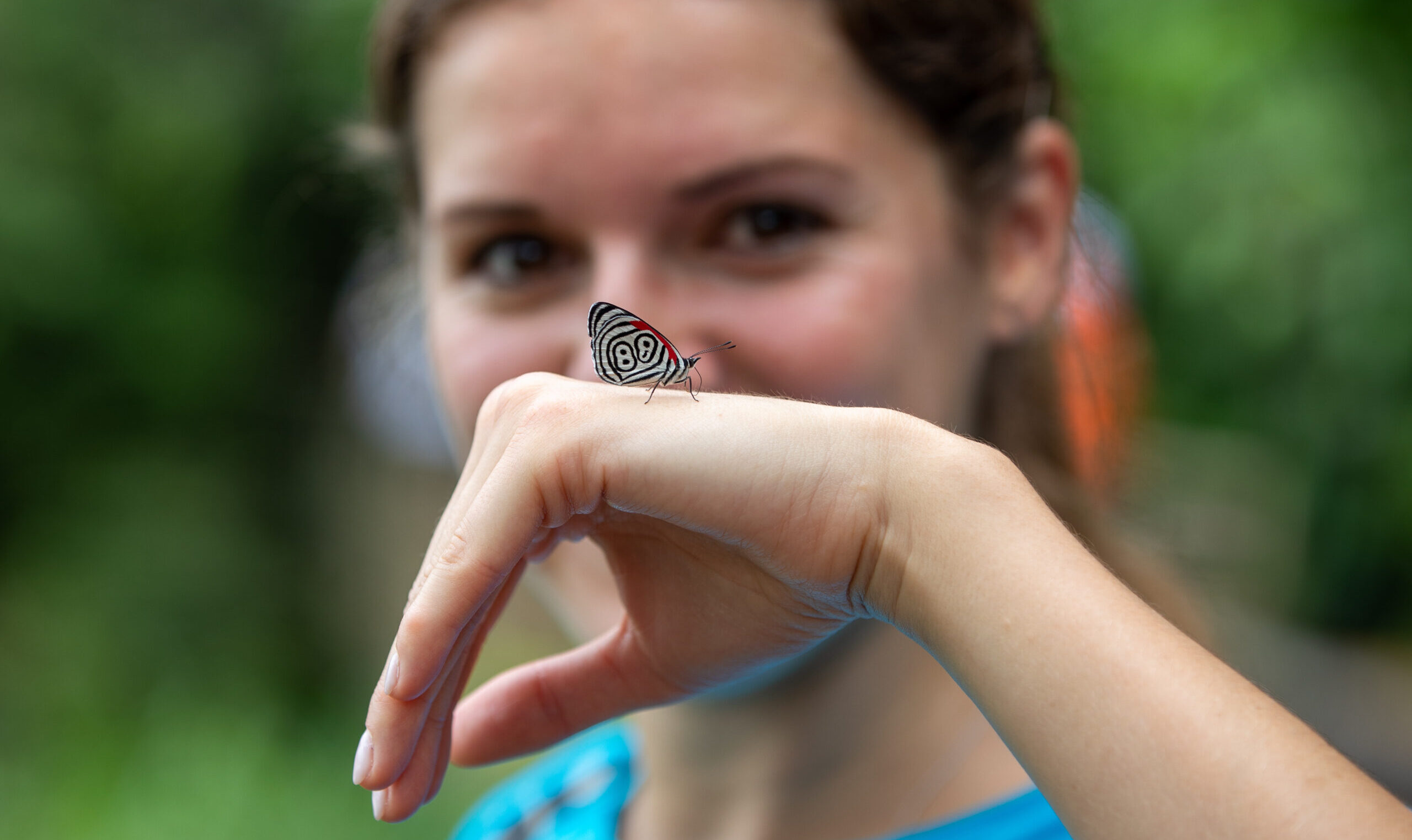
We have built sustainability policies that include a more detailed and careful look at gender equality. We are a company that embraces diversity and has open doors for different talents. Here at Gondwana, women hold various positions, from the board of directors to the most technical and operational roles without any distinction.
When a company has women on its team, it can better represent the population, since women make up half of the planet. This also helps us understand and meet the needs of more customers.
Therefore, one of the many advantages is the diversity of thought, which can lead to more creative and innovative solutions. And it’s not just us saying this: Harvard Business Review points out that women often have highly developed collaboration and communication skills, which can improve group dynamics.
Mixed-gender teams tend to have a more balanced and productive work environment.
Moreover, according to a study by McKinsey & Company, companies with greater gender diversity are 21% more likely to have above-average market profits.
Our impact on gender equality in numbers
- Of our fixed team of 17 people, 13 are women.
- All leadership positions in our business are held by them.
- Literally, half of the tour guides hired at our main destinations – Rio de Janeiro (Rio de Janeiro), Curitiba, and Foz do Iguaçu (both in Paraná) – are women. There are 60 professionals in total.
- In Salvador, Bahia, 60% of the guides and drivers are women, according to data from our local partner, Tours Bahia.
- Speaking of suppliers, 51 out of the 70 tourism enterprises we work with most (including accommodation, transportation, and experiences) have women as owners or partners. This represents approximately 72%. Of these, 20 are led by women, which represents 29%.
- For our communication and marketing, we also prefer to hire female enterprises and freelance professionals. About 70% of these combined teams are made up of women.
Special Cases
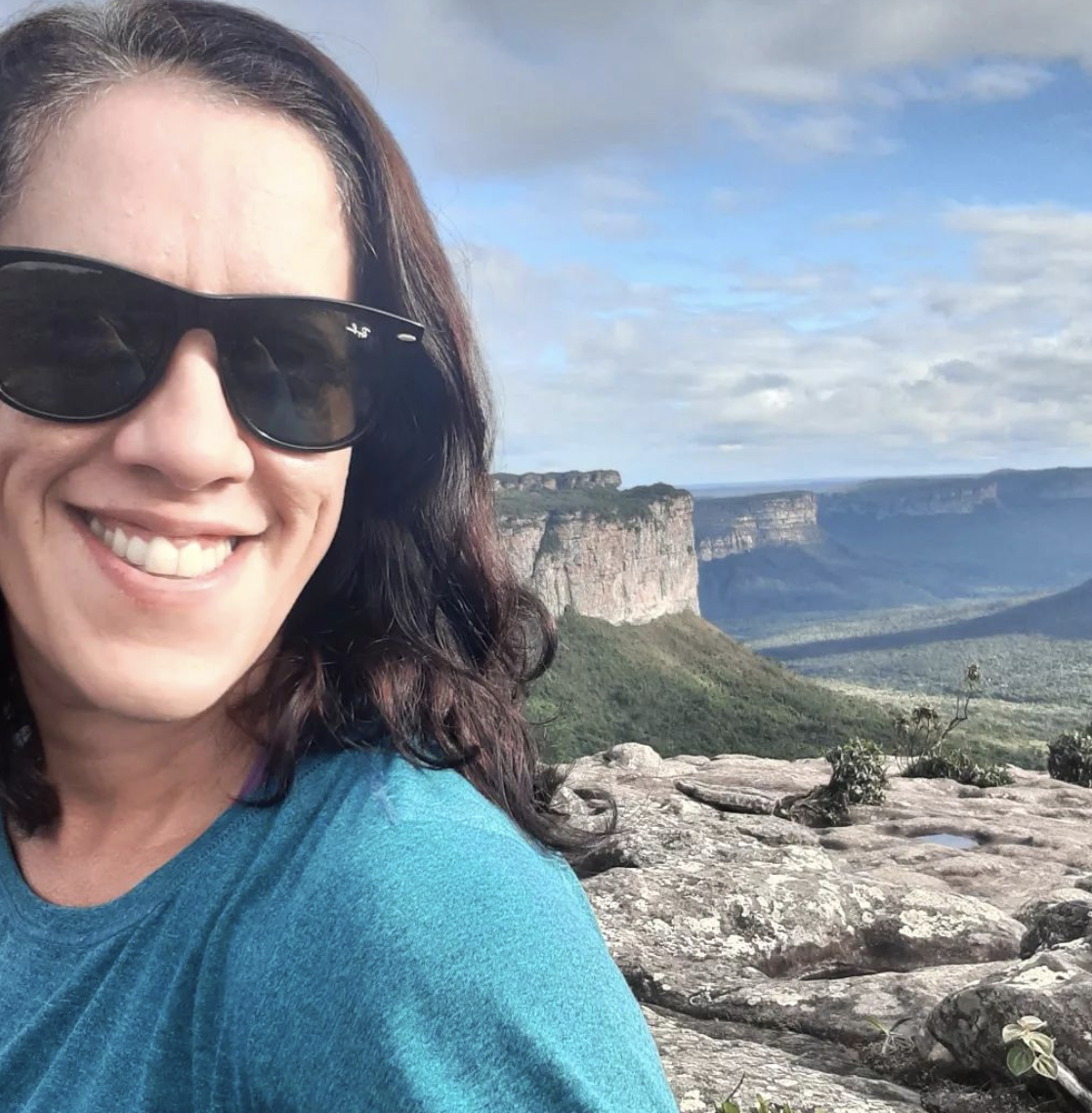
Nas Alturas is a receptive company, a great partner of Gondwana Brasil in Chapada Diamantina, Bahia, and also part of the Coletivo MUDA! for Responsible Tourism, with us.
The business is led by Vanessa Almeida, owner and general director, and has ⅓ of the people hired being women. This number is about to increase as a new association of female guides in the region is being formed, and Gondwana Brasil will sponsor the training of two women in first aid and risk management in ecotourism in remote areas.
We also recently chose to work with Laluz for the making of our uniforms. It is a B System certified company, has won several sustainability awards, and is managed by women. In addition, all their manufacturing is done in partnership with a cooperative of seamstresses.
Another smaller-scale but symbolic action is our financial, commercial, and institutional support for the Favela Orgânica project, led by Regina Tchelly. The initiative is located within the Babilônia Community in Rio de Janeiro, where we have a favela tour with some groups from Gondwana. We have already taken a group of foreigners to have lunch on her house’s terrace, and it was quite special!
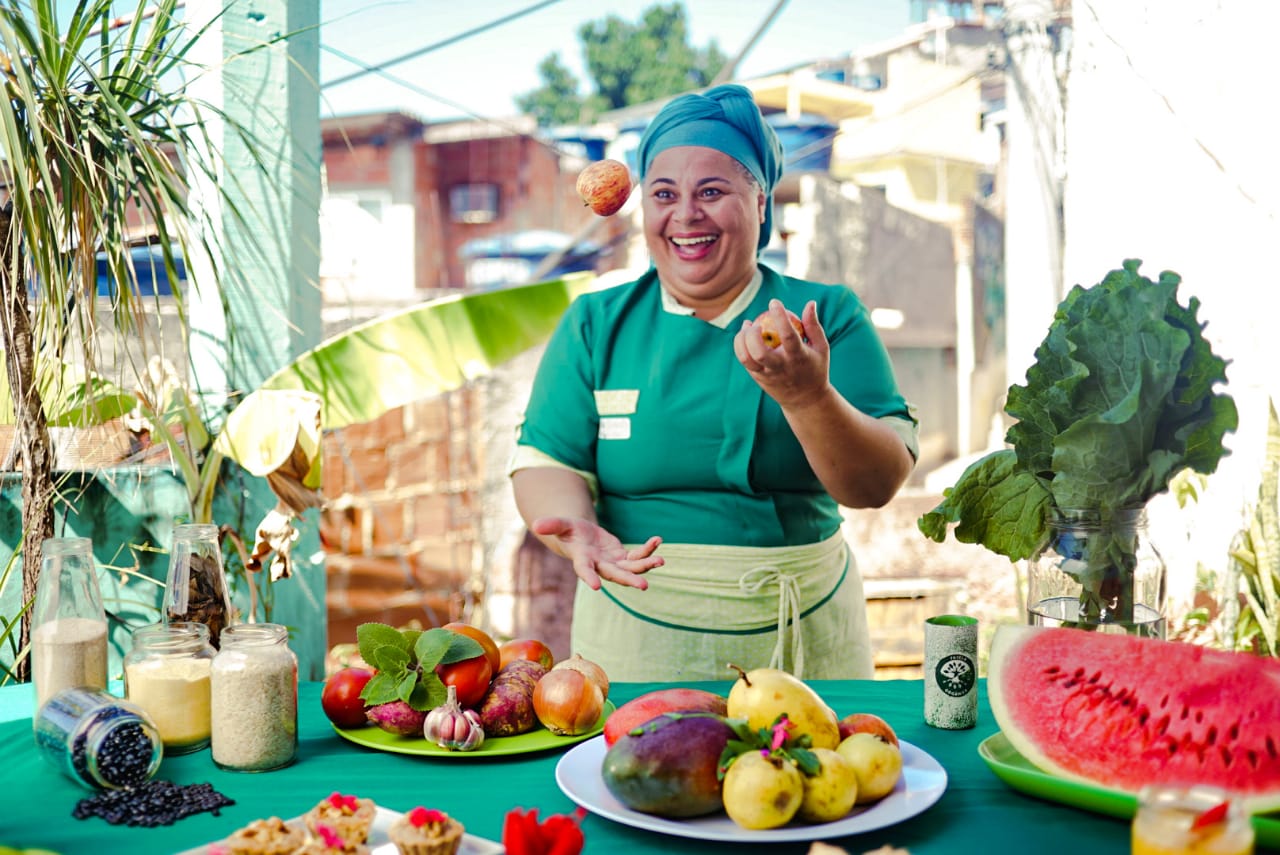
Moreover, this weekend, Daniela Meres, one of our directors, will participate in a discussion circle with Regina, who has just released a book, and other women.
Other actions for gender equality planned for the future
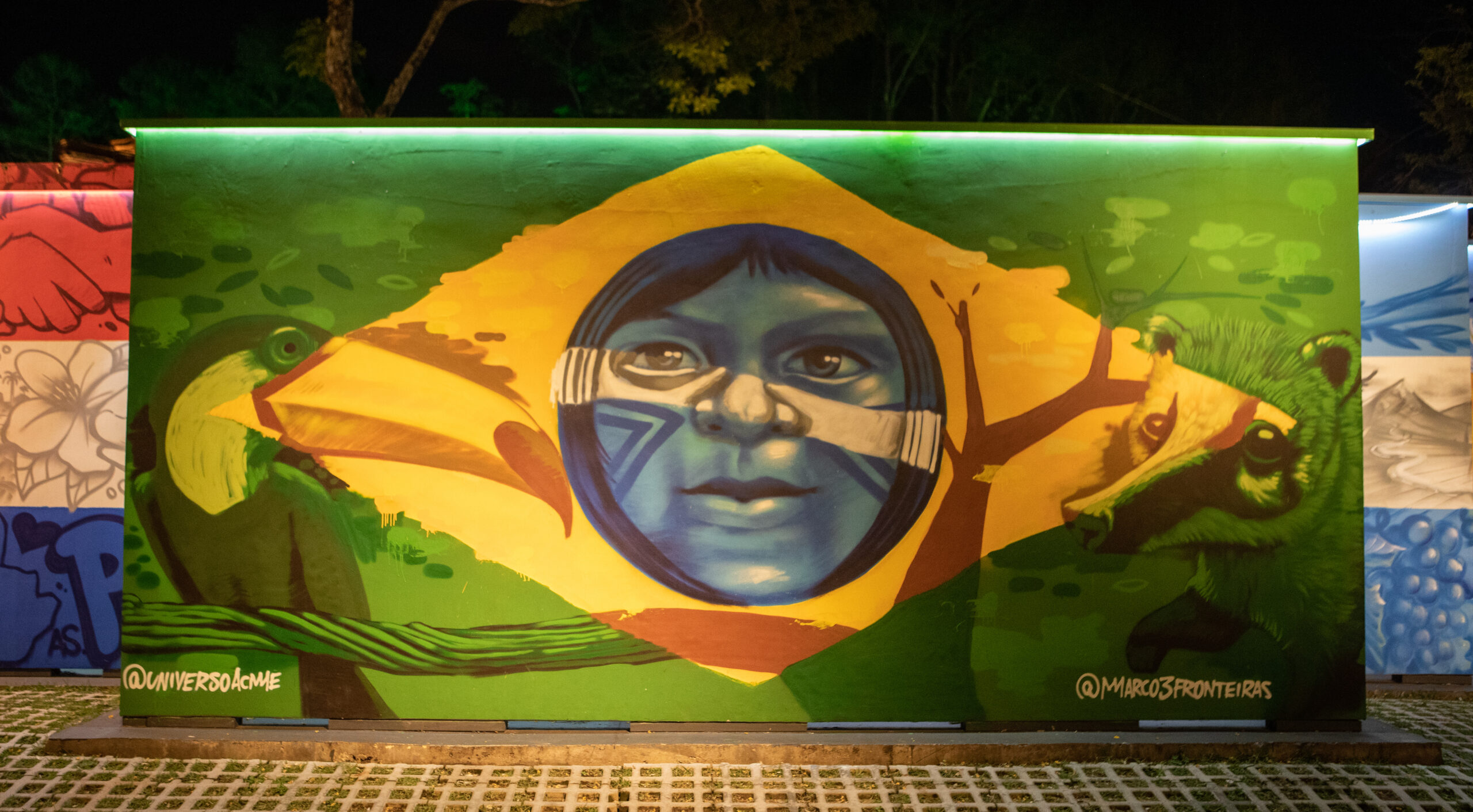
We have begun to survey potential nature conservation projects in Brazil, and it is noticeable that most of the leaders we contact are women. Of the nine projects we are in touch with, six are managed by women. And we know how much this role of protecting the culture and nature of Brazil is very connected to the feminine strength of our country.
Supporting and encouraging programs, institutions, support networks, and local (Brazilian) education that promote women’s training, offering courses and possible sources of income, workshops, and lectures on women’s health, company bazaar selling products from women in the community, promotion of self-defense classes for women, awareness and encouragement to report domestic violence, support for community daycares, and related activities.
Remember that the fight for gender equality is not just a matter of justice and human rights; it is also essential for global sustainable development. Hiring women and supporting female businesses is not just about doing what is right; it is also a smart business decision.

